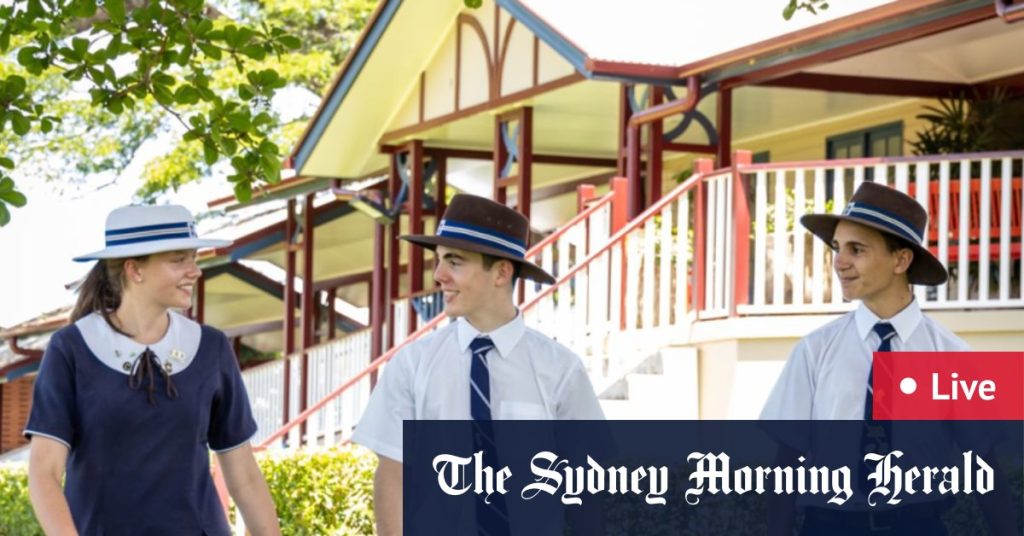In Queensland, GPs are encouraging residents to take advantage of government-funded vaccines to protect against meningococcal B, as the state reports its third case this week. The Royal Australian College of GPs has noted that uptake of the free vaccines has been low and that around 40,000 at-risk individuals remain unvaccinated. The MenB vaccination program in Queensland offers free vaccines to infants aged between six weeks and one year, catch-up immunizations for children aged between one and two years, and adolescents aged between 15 and 20 years. Dr. Cathryn Hester of the RACGP Queensland has emphasized the seriousness of meningococcal disease, which can lead to severe outcomes such as scarring, limb loss, brain damage, and even death.
While the Queensland Health MenB vaccination program is in place to protect vulnerable populations, the department has highlighted that meningococcal disease is relatively rare and primarily spreads through close contact. Despite the low incidence rate, it is important for individuals to seek immediate medical attention if they suspect they may have been exposed, as early treatment with antibiotics can be lifesaving. In light of the recent case near Cairns, acting director Paul Dugdale stressed the importance of being proactive about vaccinations and staying informed about the risks associated with the disease. Additionally, schools in Queensland offer booster vaccines to students in year 10, but parents are advised to ensure that their child’s vaccines are up to date to maintain protection.
It is crucial for families in Queensland to make timely appointments for vaccines to shield infants, young children, and adolescents from the serious consequences of meningococcal disease. The government-funded vaccines offer a way to prevent the spread of the illness and reduce the risk of debilitating outcomes such as scarring, limb loss, and brain damage. Dr. Hester’s call for families to act quickly underscores the urgency of protecting vulnerable populations against this potentially life-threatening infection. By taking advantage of the free vaccines provided through the MenB vaccination program, Queenslanders can help safeguard their loved ones and contribute to the overall health of the community.
In the face of the recent uptick in meningococcal cases in Queensland, GPs are emphasizing the importance of individuals being proactive about their health and seeking out vaccinations to prevent the spread of the disease. Despite the relatively low incidence rate, the serious nature of meningococcal B infections warrants attention and prompt treatment when symptoms appear. By increasing awareness about the availability of free vaccines and encouraging uptake among at-risk populations, health authorities hope to mitigate the impact of the disease and protect vulnerable individuals from its potentially devastating effects. Queensland’s focus on vaccination and prevention reflects a commitment to public health and underscores the importance of proactive healthcare measures in safeguarding communities against infectious diseases.
The MenB vaccination program in Queensland offers a lifeline to vulnerable populations by providing free vaccines to infants, children, and adolescents at risk of meningococcal B infections. The availability of government-funded vaccinations underscores the state’s commitment to safeguarding public health and reducing the prevalence of serious illnesses within the community. Through targeted outreach efforts and educational campaigns, health authorities aim to increase vaccine uptake and ensure that as many at-risk individuals as possible are protected against meningococcal disease. By leveraging resources and promoting awareness about the benefits of vaccination, Queensland is taking proactive steps to address the threat of meningococcal B and prevent its spread within the population. As the state grapples with recent cases of the disease, the importance of timely vaccination and preventive measures becomes increasingly apparent in protecting the health and well-being of Queenslanders.


